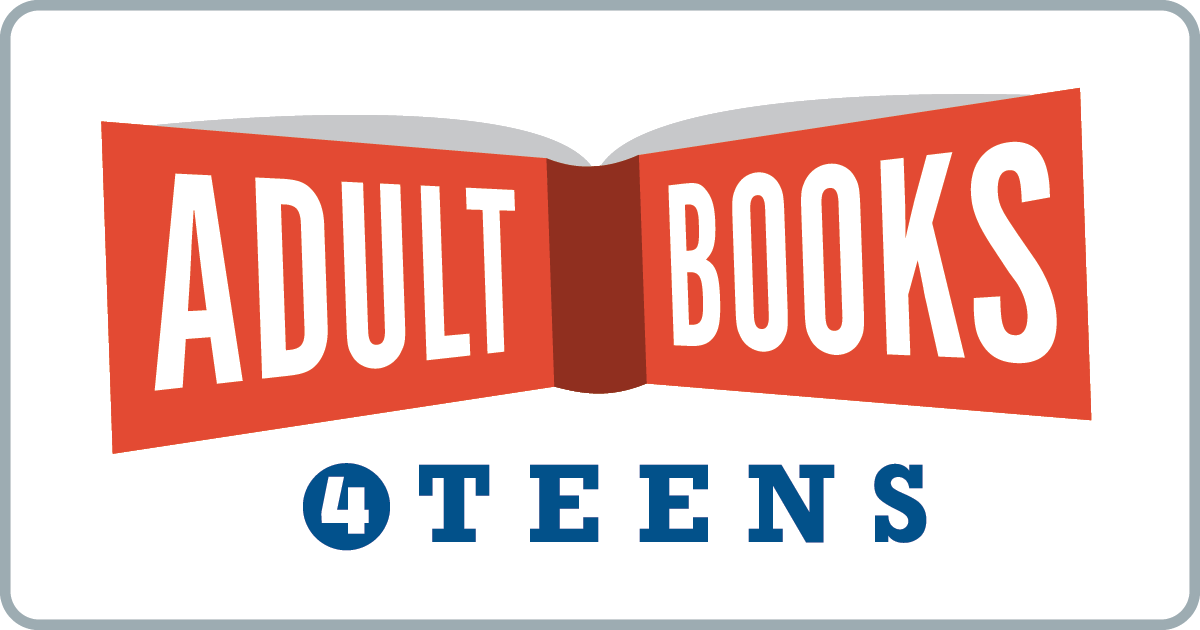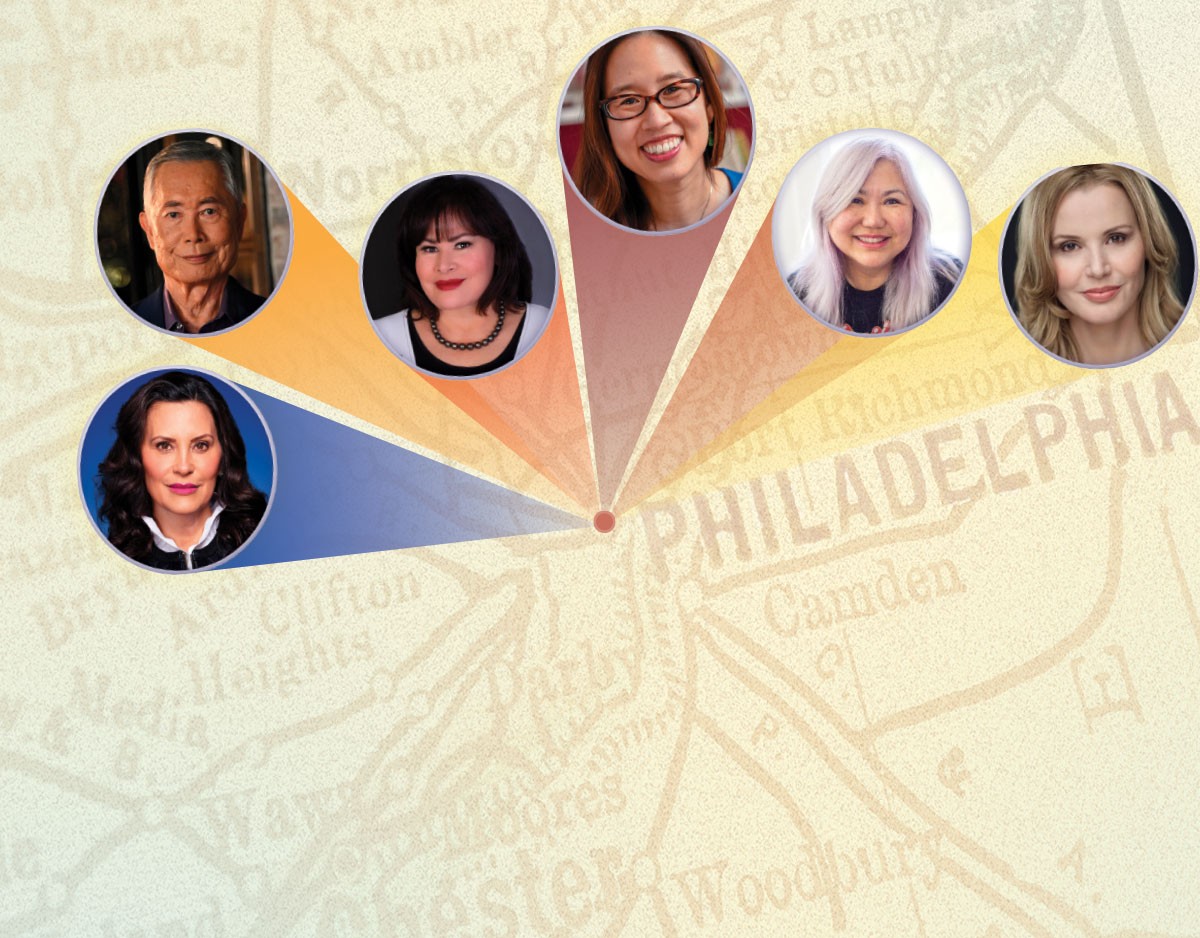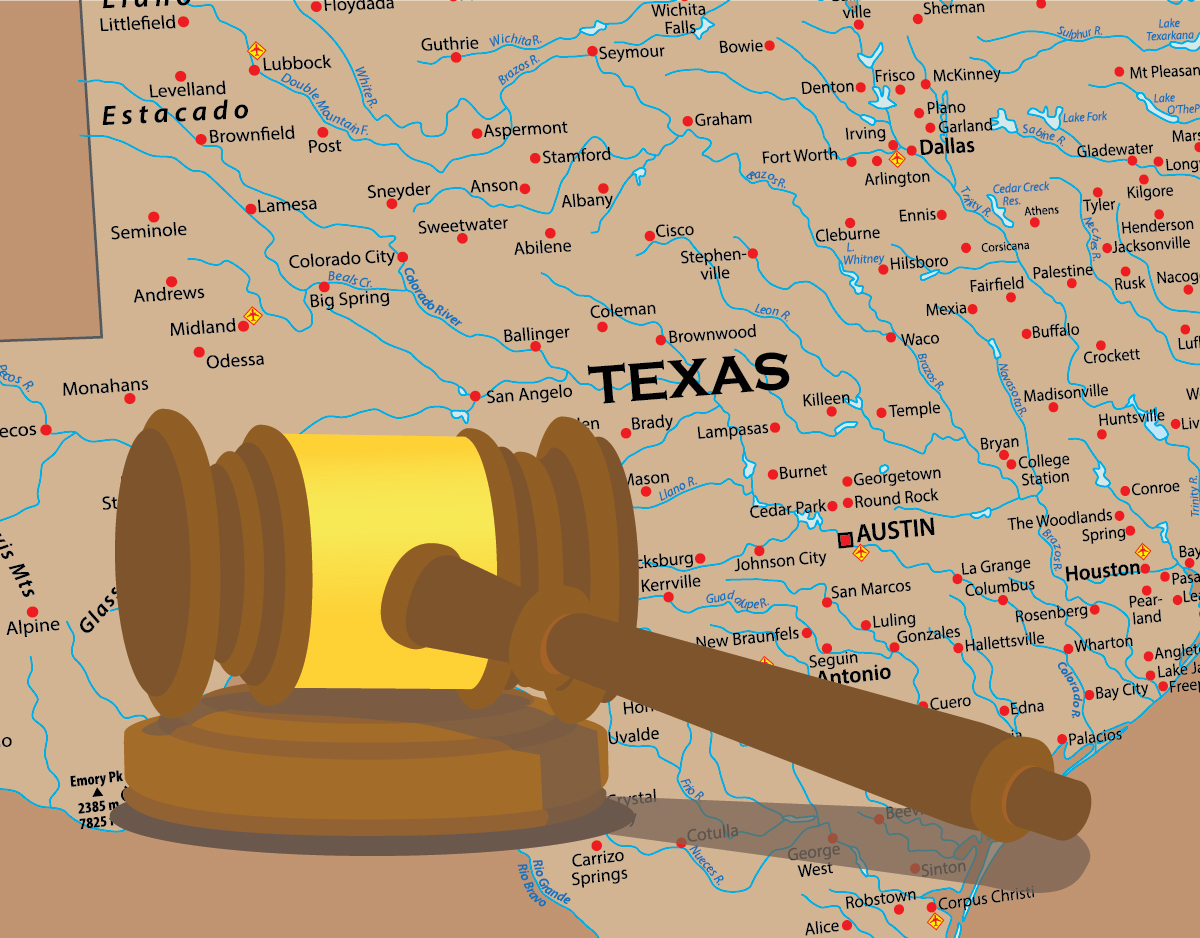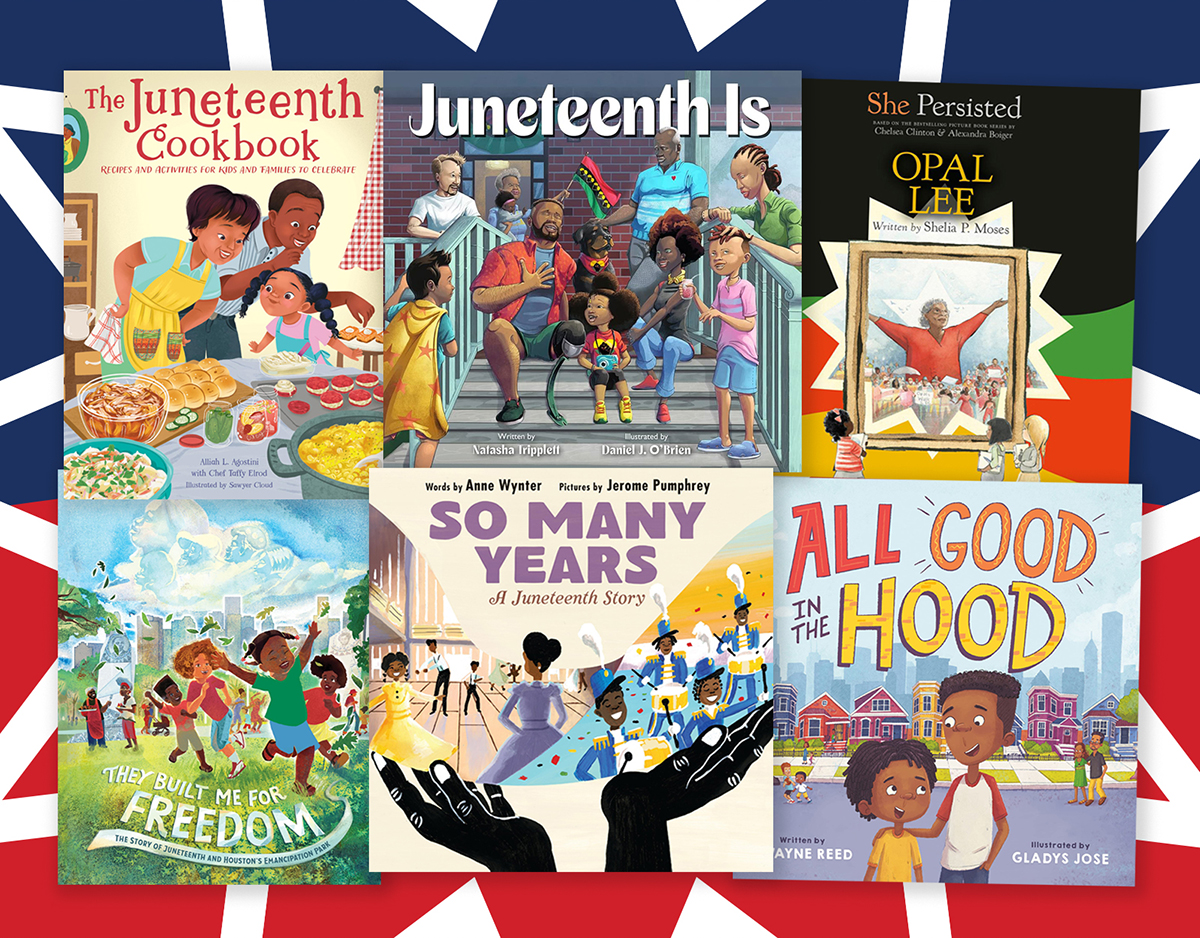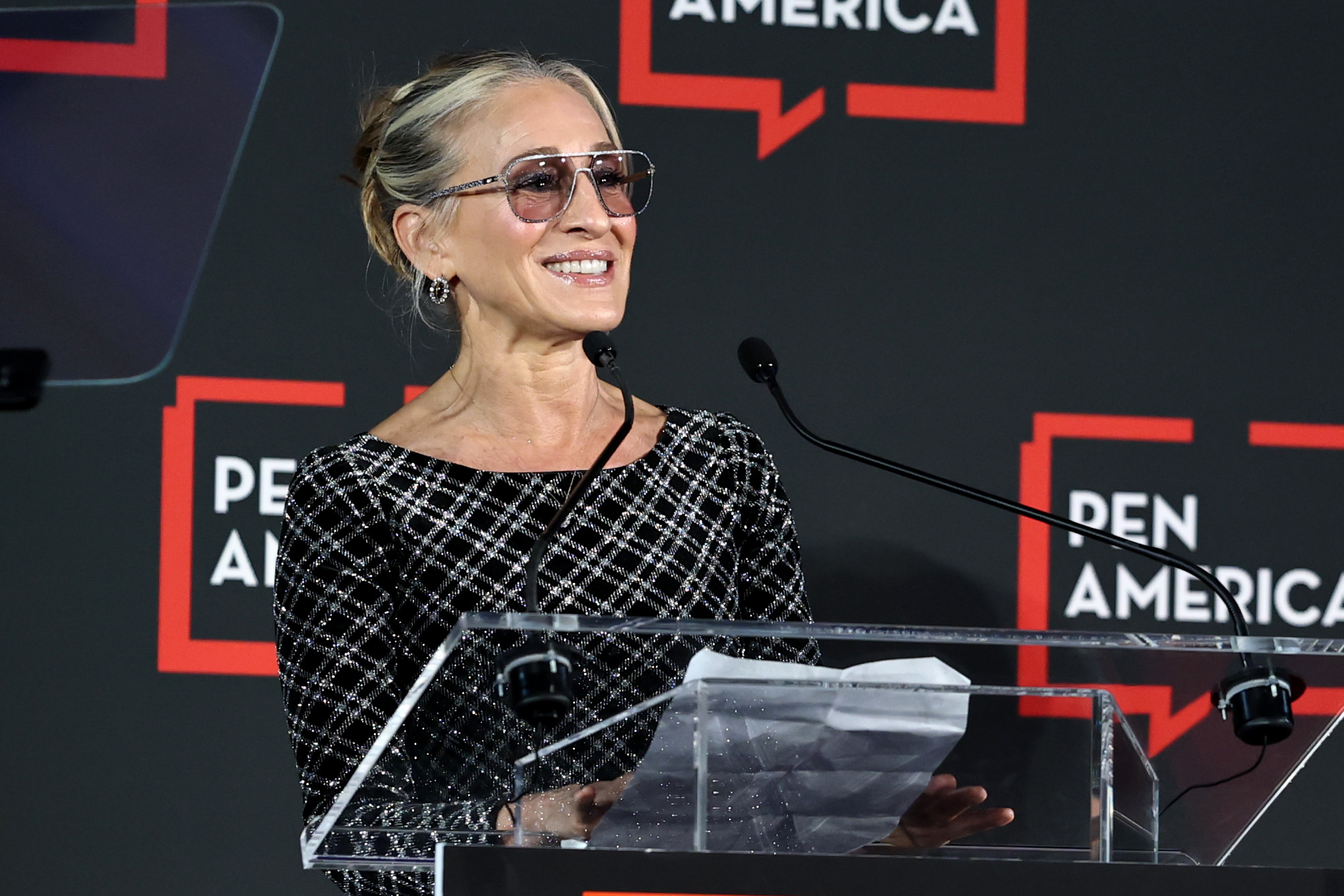SCROLL DOWN TO READ THE POST
Adult Nonfiction for Teens
Looking at the New York Times’s list of 100 Notable Books of 2012, I was somewhat surprised and definitely disappointed to see that this blog had reviewed only two of the 47 titles the Times recommended (in contrast, we reviewed 12 of the Times’s 53 fiction titles). To be sure, we reviewed our fair share of nonfiction this year, and ten of our 26 choices for best of the year were nonfiction, but it still seemed odd to me that we had gotten to so little of what the Times saw as the best nonfiction of the year, so I wanted to take a closer look at the Times’s and our own list of the best nonfiction of the year.
The most obvious difference between the two lists is that ours is a much less diverse list than the Times’s. The Times’s list covers a huge range of subjects: archaeology, sociology, evolution, law, race, music, breasts, and more. Meanwhile, of the ten nonfiction titles we named Best of the Year, six are memoirs and another two are biographies (one in graphic novel form). Last year, we listed only five nonfiction titles and three of them were memoirs, with a biography thrown in. So it is no surprise that the two titles from the Times’s list which we reviewed were Katherine Boo’s memoir Behind the Beautiful Flowers and Tom Reiss’s The Black Count, a biography of Alexandre Dumas.
ADVERTISEMENT
ADVERTISEMENT
It’s not just this blog either. Very few Alex Awards have gone to nonfiction titles (fewer than one third), but of the 41 nonfiction Alex Awardees, 17 are memoirs, and two to four more are biographies, depending on how you count. Obviously teens are interested in many other topics than just memoir and biography, so how do we account for the prevalence of memoir and biography among the adult nonfiction titles we librarians recommend to teens?
Surely, a large part of this bias must be that oft heard mantra “it reads like fiction.” Memoirs in particular, and biographies to a lesser extent, tend to read as linear, narrative stories with straightforward plots and character arcs familiar to fiction readers. As I noted in passing, the Alex Awards are already strongly biased in favor of fiction, so it shouldn’t be a surprise that nonfiction titles that read like fiction would be preferred. And I don’t mean to impugn the Alex Awards as an institution or any member of any of their committees, because as I pointed out, our little blog holds the same bias. The narrative bias seems to be a more general bias among librarians, for whatever reason.
But my point in all of this is not (simply) to criticize librarian-generated awards lists, but to try to start a conversation about what other types of nonfiction we might be able to offer to teens. Which brings me back to the Times’s nonfiction list. A great many of the Times’s recommendations are probably outside the scope of this blog due to their gargantuan sizes and/or specialized topics. I don’t, for example, expect any teen I know to pick up a copy of Robert A. Caro’s 736-page Passage of Power (let alone the previous three equally enormous entries in Caro’s biography of Lyndon Johnson) except to browse through for a quote or two in a research paper. Similarly, Lizzie Collingham’s The Taste of War: World War II and the Battle for Food seems just a bit too specific to offer to any but the most discerning of teens.
Still, I was surprised at the number of titles on the Times‘s list that I immediately wanted to look into for teen appeal. Keeping in mind that I haven’t read any of these yet, here are the titles that look worth pursuing:
- Carpenter, Dale. Flagrant Conduct: The Story of Lawrence v. Texas: How a Bedroom Arrest Decriminalized Gay Americans. (Norton)
- Hirshman, Linda. Victory: The Triumphant Gay Revolution. (Harper)
It seems possible at this point that today’s teens may be one of the last generations to be aware of widespread, blatant disapproval of homosexuality: together these books should help them understand how our culture got so far so quickly.
- Luhrmann, T.M. When God Talks Back: Understanding the American Evangelical Relationship With God. (Knopf)
A topic perhaps for another post sometime, but it seems to me that religion is all to little discussed in fiction or nonfiction for teens, except in the most factual of manners. I’d like to take a look at this one to see how respectfully it treats Evangelical believers.
- Holt, Jim. Why Does the World Exist? An Existential Detective Story. (Liveright/Norton)
Need I say more?
- Murphy, Paul Thomas. Shooting Victoria: Madness, Mayhem, and the Rebirth of the British Monarchy. (Pegasus)
A possible tie-in with the film The Young Victoria?
- McLane, Maureen N. My Poets. (Farrar, Straus & Giroux)
ADVERTISEMENT
ADVERTISEMENT
In my experience, public school students are exposed to far too little real literary criticism. This book promises an easy entre into the world of criticism by means of memoir(!)
- Witt, John Fabian. Lincoln’s Code: The Laws of War in American History. (Free Press)
This one looks to be the most heavy-duty of the titles I’ve listed here, but it is exactly the sort of book that I might have read in my AP American History class.
- Trivers, Robert. The Folly of Fools: The Logic of Deceit and Self-Deception in Human Life. (Basic Books)
Another one whose title says it all to me.
- Stott, Rebecca. Darwin’s Ghosts: The Secret History of Evolution. (Spiegel & Grau)
For teens intrigued by the historical sections of Heigelman’s Charles and Emma, this books looks at the precursors to Charles Darwin in the fight over evolution.
- Smith, RJ. The One: The Life and Music of James Brown. (Gotham)
- Byrne, David. How Music Works. (McSweeney’s)
When I was a teenager, I was one of many of my peers who spurned much of the contemporary music scene and looked to the music of older generations to define my tastes. I can only assume these teens still exist, and if so, they could do a lot worse that reading RJ Smith on James Brown or David Byrne from the Talking Heads on music in general.
Has anyone read any of these titles? Any teen appeal there? What other kinds of nonfiction books should we be recommending to teens? Please chime in in the comments and help us up our game.
Filed under: Nonfiction
About Mark Flowers
Mark Flowers is the Young Adult Librarian at the John F. Kennedy Library in Vallejo, CA. He reviews for a variety of library journals and blogs and recently contributed a chapter to The Complete Summer Reading Program Manual: From Planning to Evaluation (YALSA, 2012). Contact him via Twitter @droogmark
ADVERTISEMENT
SLJ Blog Network
Read Aloud Hall of Fame #19: DOCTOR DE SOTO
Fuse 8 n’ Kate: Tadpole’s Promise by Jeanne Willis, ill. Tony Ross (Second in a Two-Part Series!)
Miss Camper | This Week’s Comics
Here Have Some YA Disability Pride
The Classroom Bookshelf is Moving
ADVERTISEMENT
ADVERTISEMENT

